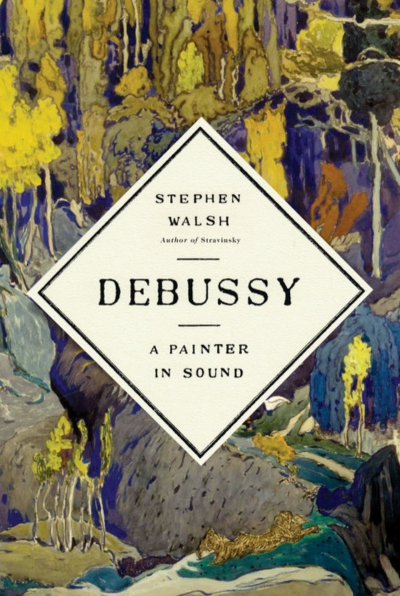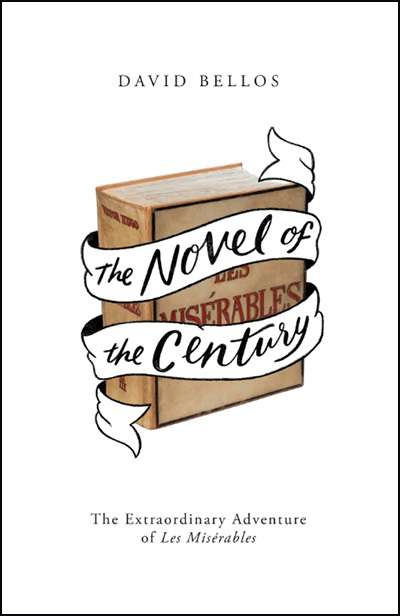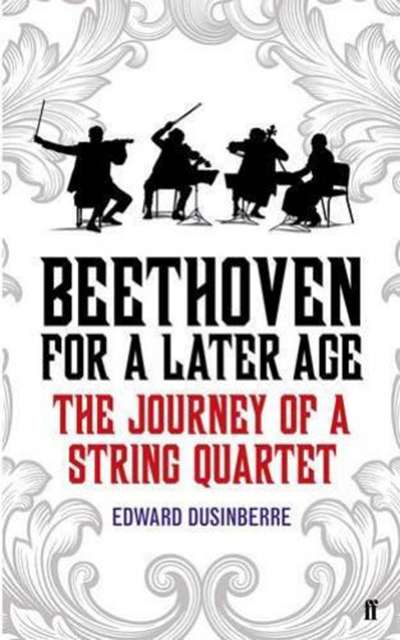Paul Kildea

Paul Kildea is the author of Benjamin Britten: A life in the twentieth century (2013) and Chopin's Piano: A journey through Romanticism (2018). He lives in Melbourne and is Artistic Director of Musica Viva.
In introductory remarks that neither added to nor subtracted from the generously proportioned recital to follow, András Schiff – back in Melbourne for the first time in more than twenty years – explained that an entire program of Brahms would have been too morose, so instead he had put him alongside composers Brahms ‘admired and knew and loved’.
This included Felix Mendelssohn, an ‘und ... (read more)
Visiting the actor Simon Gleeson in 2014 a few months after he was cast as Jean Valjean in a new production of Les Misérables, I was startled by the bulked-up friend who met me from the train. ‘What the hell?’ I asked. ‘I have to lift a cart,’ he replied. It is not a bad exegesis of Victor Hugo’s sprawling novel and the musical it gave rise to. And it is an anecdote that would probably ... (read more)
There is a moment early in the 'Heiliger Dankgesang' movement of Beethoven's Quartet Op. 132 when, without ceremony, an alien, courtly trio is plonked down into the poised chorale underway. It is out of place, secular, overheard: we are left wondering how and when Beethoven will take us back to the chorale, which he duly does, courtesy of a few pivot chords and some shadowy harmonies. It is like t ... (read more)



